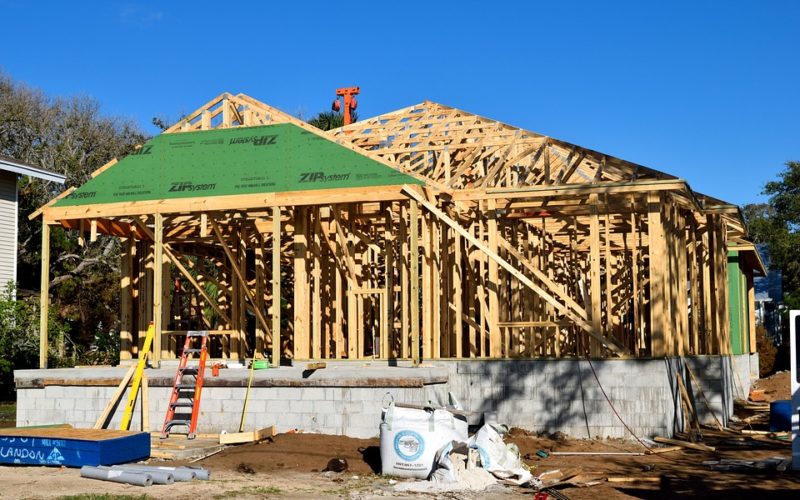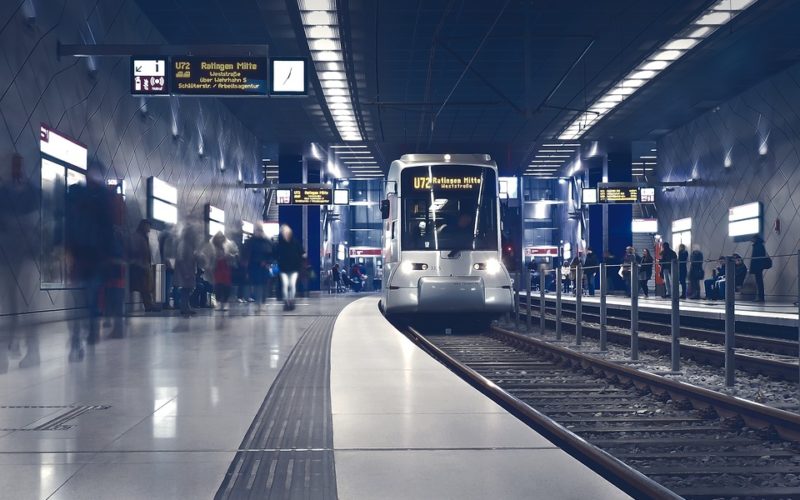Roads are essential for all types of transportation, whether you're driving to a nearby store or journeying across the country. But too often, roads become neglected and deteriorate with time. That's why it's vital to have dedicated road maintenance plans in place – they can make a world of difference when it comes to safety, convenience, and sustainability on our roads.
The purpose of road maintenance
Road maintenance is a critical part of ensuring safety for drivers and passengers alike. When the roads are well-maintained, they offer smooth rides and easy navigation, with fewer hazards that could lead to accidents. This means less congestion and fewer accidents, which in turn saves both time and lives. Road maintenance also leads to a reduction in vehicle wear and tear, which can limit the need for costly repairs and even improve fuel efficiency.
Importance to regularly inspect roads
Roads are vital to the transportation of goods and people, and regular maintenance is crucial to ensuring their safety. The wear and tear caused by weather, traffic, and age can cause cracks, potholes, and other hazards that could pose risks to drivers, passengers, and pedestrians.
Conducting regular inspections and repairs can identify and address issues before they escalate into major problems that require costly and time-consuming renovations. Well-maintained roads also contribute to fuel efficiency, which can ultimately save drivers money on petrol. Additionally, road maintenance creates job opportunities in the construction and repair industry, boosting the economy.
The benefits of proactive maintenance
Keeping up with road maintenance is important for a number of reasons, but being proactive about it can make all the difference. By regularly checking and repairing roads before they become more heavily damaged, we can improve safety for drivers and save money in the long run. When roads are well-maintained, there is less of a chance for accidents caused by potholes or other damage to occur. Additionally, repairing small issues before they become larger and more expensive repairs can reduce overall costs for governments and taxpayers.
Technology is changing road maintenance
As we delve deeper into the 21st century, technology advances at an ever-increasing pace. One lesser-known area that is experiencing significant changes is road maintenance. From wearables for workers to drones for inspections, technology is transforming how we keep our roads safe and functional. Innovations like self-healing concrete, which can detect and repair cracks using bacteria, represent a promising future for infrastructure.
All these advancements are helping to make road maintenance safer, more efficient, and ultimately, more effective. As we continue to develop new ways of utilising technology, road maintenance will undoubtedly become an even more high-tech endeavour.




















